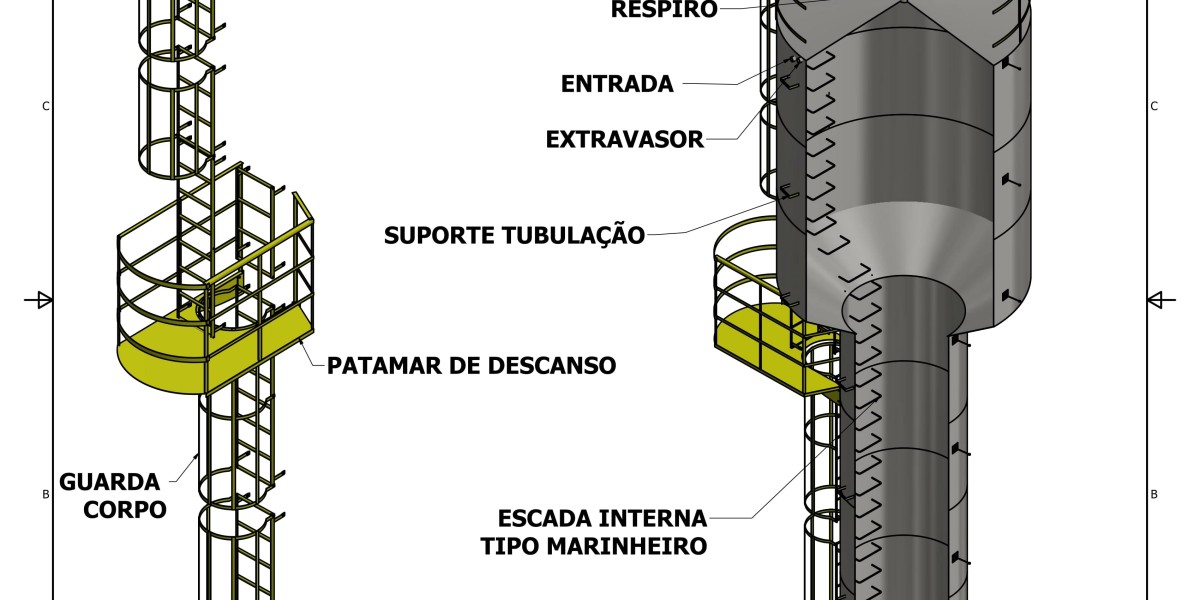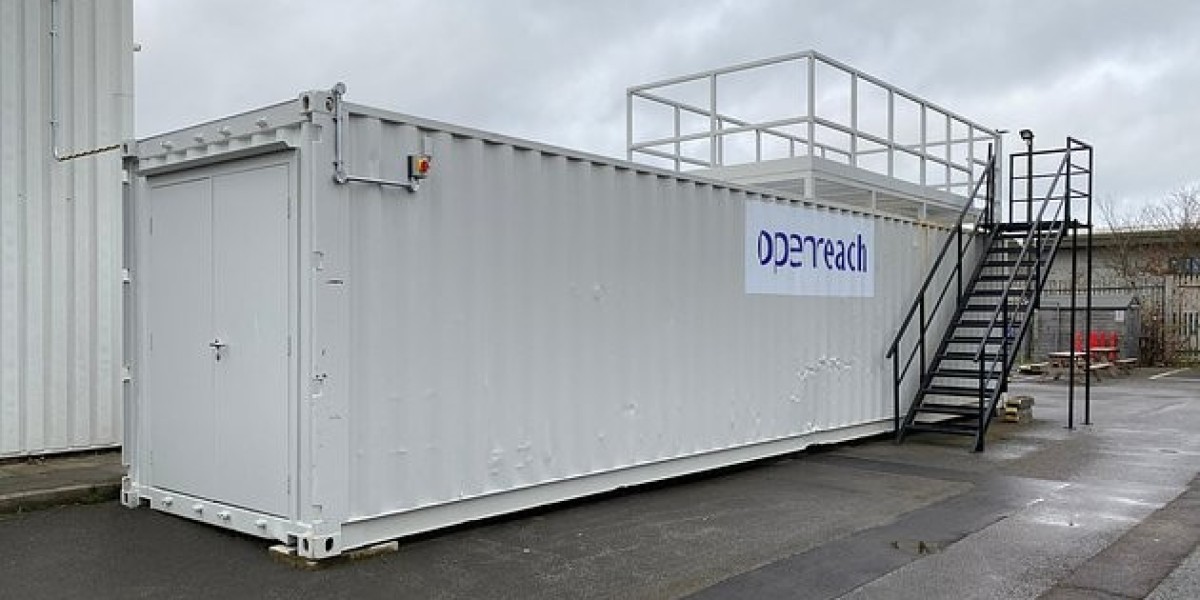How to choose chemical reagents manufacturers?
chemical reagents manufacturers requires a comprehensive evaluation of qualifications, quality systems, technical capabilities, and service guarantees. The following are key screening criteria and recommendations:
1、 Qualification and Compliance Review
Basic qualifications
Verify the business license, hazardous chemical operation permit, and non pharmaceutical precursor chemical filing (if applicable) of the enterprise. For example, industrial grade reagents require confirmation of whether the manufacturer holds specific hazardous chemical production qualifications.
Certification system
Priority should be given to manufacturers that have passed the ISO 9001 quality management system certification. In the pharmaceutical industry, attention can be paid to enterprises with GMP production qualifications, such as Chengdu Cologne Chemical Co., Ltd.
2、 Quality control capability
Detection and traceability
Require manufacturers to provide third-party testing reports (such as SGS), MSDS documents, and batch tracking information;
High end reagents (such as organic lithium reagents) require dual verification records of nuclear magnetic resonance (NMR) and high performance liquid chromatography (HPLC).
Production process
Special reagents (such as Grignard reagents) need to have an anhydrous and oxygen free production environment. Advanced processes such as continuous sulfonation can ensure that the deviation of active substance content is ≤± 0.3%.
3、 Product line coverage and customized services
Selection of Conventional Reagents
International brands such as Sigma Aldrich and Alfa Aesar offer over 300000 compounds, covering special categories such as organic magnesium halides and ultra clean chemicals;
Domestic manufacturers (such as Shanghai McLean) focus on the research and development of high-purity reagents and support customization of USP/EP standard products.
Customized requirements
Priority consideration should be given to supporting pH adjustment and special packaging (such as Sure/Seal) ™ A supplier of moisture-proof bottles and compound design solutions.
4、 Technical support and after-sales service
Application support
Manufacturers should equip professional technical teams to provide solutions such as reaction condition optimization and cross coupling reaction adaptation. For example, complex operating conditions (high sulfur/high dust) require manufacturers to provide flow field optimization services.
Logistics and after-sales service
Choose a supplier that can provide emergency shipping within 48 hours and supports dedicated moisture-proof transportation (humidity control ≤ 30% RH);
A quality agreement needs to be signed to clarify responsibility clauses and retain incoming quality inspection samples.
5、 Optimization of procurement strategy
Cost control
Bulk procurement adopts bidding mode, and orders over 500 tons can enjoy tiered discounts (up to 12%);
Prioritize choosing solutions with low lifecycle costs, such as PNCR technology, which has operating costs 30% -50% lower than traditional processes.
Supplier List Management
Establish a dynamic qualified supplier database and regularly review technical updates and environmental compliance.
Summary: Based on specific demand scenarios (such as scientific research, pharmaceuticals, or industry), match suppliers' core competencies (qualifications, technology, services), and screen the best partners through multidimensional comparisons (such as price, testing capabilities, response time). For complex reagents such as organic lithium compounds, it is recommended to prioritize a combination procurement strategy of international top brands and domestic top manufacturers.







